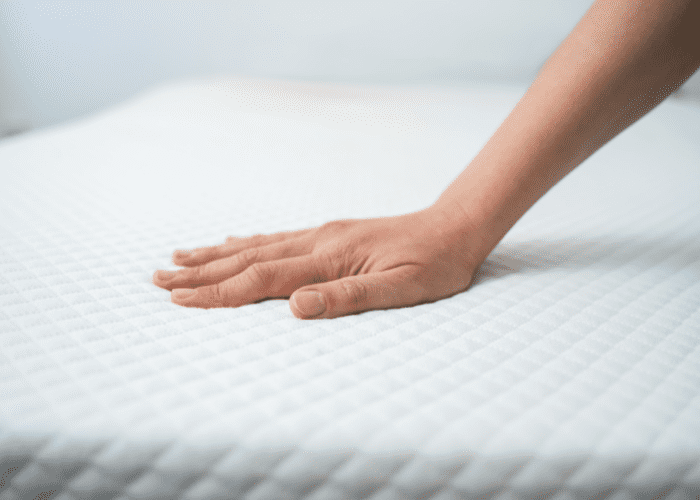FROM tracking heart rate to monitoring breathing patterns and recording sleep quality, modern beds are now equipped with an array of impressive features, all designed to revolutionize your night’s rest.
However, there is a hidden consequence to these technological advancements that few have considered: the increasing hours spent in bed that might inadvertently push the obesity epidemic in an alarming direction. According to the World Health Organization, worldwide, more than 1 billion people have obesity — 650 million adults, 340 million adolescents, and 39 million children.
Geonode Technology Expert, Josh Gordon explains, “The classic image of the bed as a retreat for rest and rejuvenation is being replaced by interconnected devices providing entertainment and multiple functionalities. This shift towards prolonged sedentary hours in bed due to increased comfort and accessibility of technology, can lead to a reduced need for physical activity, and consequently, weight gain.”
The Connection between Smart Beds and Obesity
Here are some contributing factors to consider:
- Prolonged hours of sleep: High-tech comfort features on smart beds can cause individuals to extend their sleeping hours beyond the health-recommended 7-9 hours, which can affect the body’s metabolism and weight regulation. In a study published in the Sleep Medicine Reviews Journal, long sleep duration was linked with a 21% increased risk of developing obesity.
- Increased screen time: Many smart beds now come with built-in screens or integration with smart TVs. While this provides convenience, it also increases the temptation of watching movies or streaming series from the comfort of the bed, reducing physical activity and sleep quality.
- Unnecessary stays in bed: Smart beds are making it unnecessary to leave the bedroom or even the bed for anything – from dimming the lights to checking the weather. It becomes much easier to stay in a reclining position for extended periods, which might lead to a sedentary lifestyle and associated health issues.
Balancing Technology and Health
Josh Gordon advises, “While there’s no denying the convenience and luxury of smart beds, we mustn’t forget the importance of regular physical activity. Remember, a well-rounded lifestyle involves striking a balance, and this applies to our use of technology in the bedroom.”
Some beneficial measures include:
- Restricting bed-based activities to only those necessary for rest and sleep.
- Using the many fitness-tracking features of smart beds to monitor health and wellness effectively.
- Incorporating physical activity into daily routines.
Make no mistake, technological advancement does not have to mean neglect of health or exacerbation of obesity. With some simple measures and discipline, we can enjoy the full benefits of smart beds without the accompanying potential side effects.
In the words of Josh Gordon; “With each new technological revolution comes a new set of challenges we must learn to navigate. The rise of smart beds is no exception.” It is upon us to find that perfect equilibrium to ensure we get the best from our smart beds without compromising our health. https://geonode.com/
